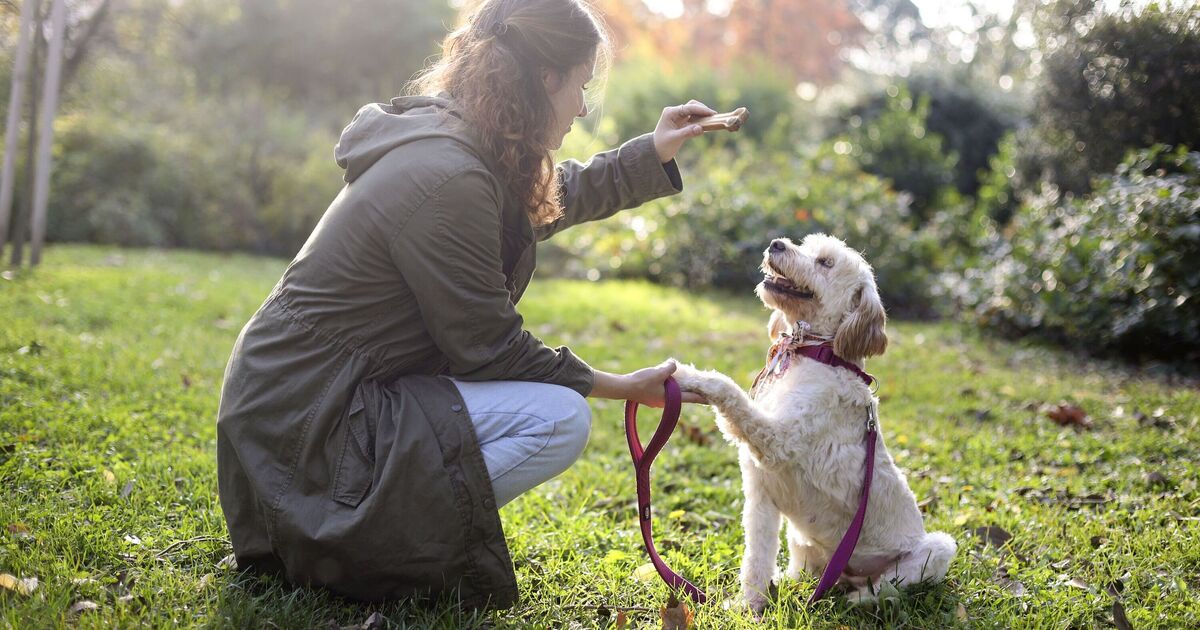
Black people in England four times as likely to face homelessness, study finds | Homelessness
Published: 2025-07-11 00:36:53 | Views: 11
Black people in England are almost four times as likely to face homelessness as white people and substantially less likely to get social housing, according to the first major study into homelessness and racism in more than two decades.
A three-year research project by academics at Heriot-Watt University found that ethnicity affects a person’s risk of homelessness, even when controlling for factors such as geography, poverty and home ownership rates.
They recorded evidence of people resorting to changing their name, accent and hairstyle to try to gain access to housing and other services, and being told by housing officers to be grateful because “you don’t have this back in your country”.
The report’s lead author, Prof Suzanne Fitzpatrick, said: “There are long-term forms of structural disadvantage, rooted in historic racism, which are impacting on risks of homelessness. But the data indicates present-day discrimination is also playing a role. We heard reports of really overt racism from private landlords – refusing to house people because they’re black, particularly if they’re refugees, or imposing rules or restrictions on them that they don’t impose on other tenants.”
The team from the university’s Institute for Social Policy, Housing and Equalities Research analysed 750,000 household outcome records from official homelessness data from 2019-20 to 2021-22 and found that 10% of black families in the statutory homelessness system gained access to social housing, compared with 24% of white families.
They also found 11% of migrant-headed households accessed social housing, compared with 17% of all households. Analysis of English Housing Survey data found that Pakistani-Bangladeshi households were more than seven times more likely and black households six times more likely to be overcrowded than white households.
Data obtained via freedom of information requests by Shelter found black-headed households were more likely to be stuck in temporary accommodation (TA) for long periods of time. They found 43% of black-headed households in TA had been there for more than two years, compared with 25% of white-headed households. Almost a fifth (18%) of black-headed households in TA had been there for more than five years, compared with 8% of white-headed households.
Mairi MacRae, the director of campaigns and policy at the charity, said inequality “remains hardwired into our housing system”.
She said: “The evidence is clear – devastatingly, Black people are more likely to become homeless and less likely to have a safe and secure home. Racial stereotyping, culturally insensitive communication and unjust treatment from housing officers, as well as excessive questioning around eligibility in the application process, leave Black people feeling unheard, neglected and dehumanised.”
Shelter’s separate report, My Colour Speaks Before Me, describes people’s experiences of stereotyping, judgment and stigma, and facing an “uneven burden of proof”, with excessive questioning and heightened scrutiny when applying for social housing.
Black social housing applicants reported being treated more poorly than white applicants, facing longer delays and receiving support that was not culturally aware.
One of the report’s 16 peer researchers, Uchenna Eneke, 43, spent 15 years living in a one-bedroom flat with her children while bidding for a social home in east London, and struggled to get basic maintenance repairs or speak to housing officers.
“It makes you question everything – is it because I’m black? Is it because I’m a woman? Is it because I’m a single mum? I was seeing people getting rehoused around me, and I came before them,” she said. “Especially with a name like mine. Sometimes I had to change my name to an English name – I used to call myself Gillian – just to get through to speak to someone.”
Her children, now 17 and 10, spent most of their childhoods sharing a room with their mother, and one developed chronic rhinitis due to persistent mould in the property.
“I tried asking for help but nothing happened. You just keep to yourself, keep your head down, don’t get your kids taken off you. I ended up having a bit of a nervous breakdown,” she said.
She now volunteers with Shelter and advocates on behalf of other people struggling with housing. “We need the laws to change because people are going crazy. People are losing their lives, losing their families, losing their jobs,” she said. “Imagine someone being homeless but still having a job at the same time. That’s not normal.”
Fitzpatrick said their research was designed to “fill a longstanding gap in knowledge about race and homelessness in the UK”, particularly after the widely condemned Sewell report on racial disparity in 2021, which made little reference to housing.
She said their recommendations included using the private rented sector landlord ombudsman proposed in the renter’s rights bill to tackle racism by landlords, and rejecting ethnicity-blind approaches in housing departments.
“It’s really unacceptable that people who are already in a crisis situation are sometimes traumatised by their treatment at the hands of local authority homelessness officers that are there to assist them,” Fitzpatrick said. “If you’ve got people coming into a system with structural disadvantage, you have to be aware of that.”
Source link







